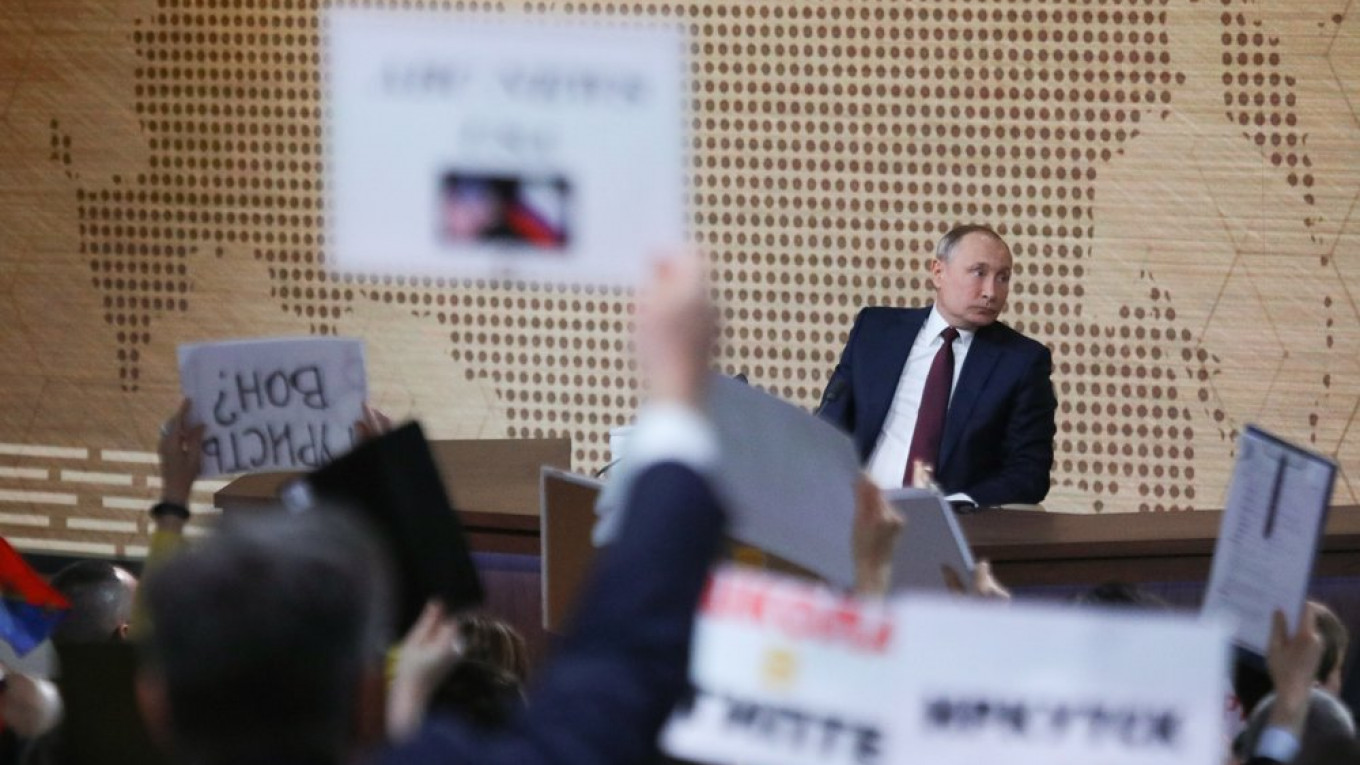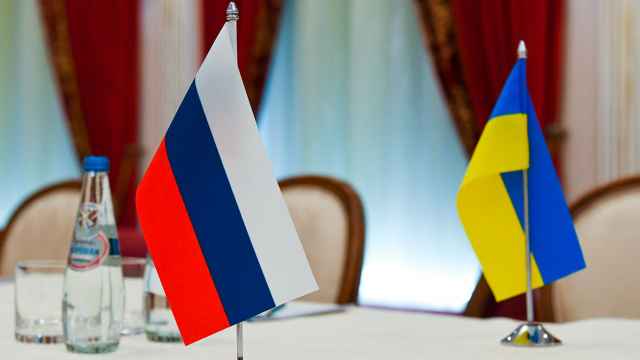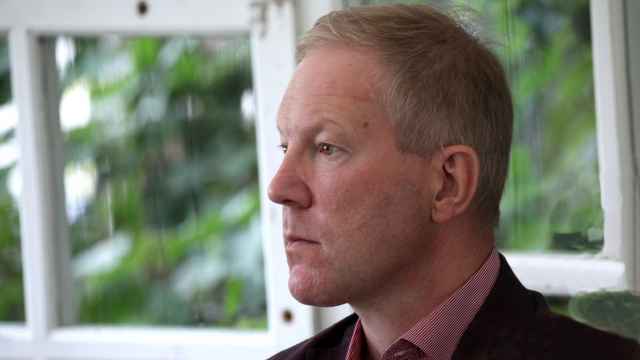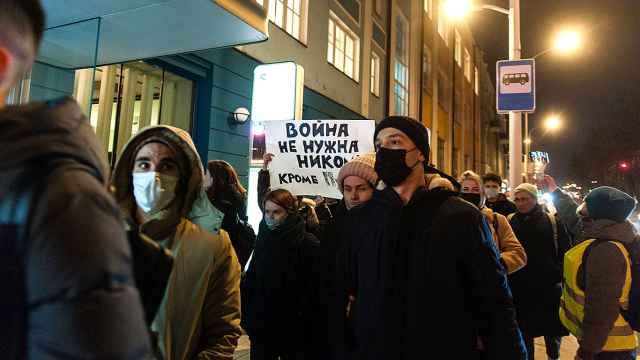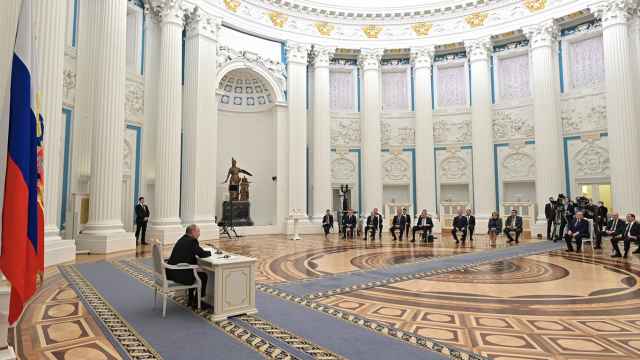Russian President Vladimir Putin said on Thursday he was open to the possibility of altering Russia's constitution, including proposals to increase parliament's power and to limit the number of presidential terms anyone can serve.
The issue of constitutional change in Russia is watched closely amid speculation about Putin's own political ambitions.
In power as either president or prime minister since 1999, Putin, 67, is due to step down in 2024 when his fourth presidential term ends. Under the current constitution, which bans anyone from serving more than two successive presidential terms, Putin is barred from immediately running again.
Critics have accused him of plotting to wield power beyond 2024 however, suggesting he might change the constitution to run again as president, shift power to parliament and assume an enhanced role as prime minister, or head a new union state comprised of Russia and neighbouring Belarus.
Putin on Thursday said he was open to the idea of making constitutional changes when it came to parliamentary powers and the institutions of the presidency and prime minister, but said Russia should tread carefully.
"It's only possible to do this (changes) after thorough preparation and a deep discussion in society. You'd need to be very careful," Putin said at his annual news conference.
He said he was open to tweaking presidential term limits, suggesting they could be changed to limit anyone's ability to serve more than two terms, something he has done.
“One thing that could be changed about these (presidential) terms is removing the clause about 'successive' (terms). Your humble servant served two terms consecutively, then left his post and had the constitutional right to return to the post of president, because these were not two successive terms," he said.
"(This clause) troubles some of our political analysts and public figures. Well, maybe it could be removed."
A Message from The Moscow Times:
Dear readers,
We are facing unprecedented challenges. Russia's Prosecutor General's Office has designated The Moscow Times as an "undesirable" organization, criminalizing our work and putting our staff at risk of prosecution. This follows our earlier unjust labeling as a "foreign agent."
These actions are direct attempts to silence independent journalism in Russia. The authorities claim our work "discredits the decisions of the Russian leadership." We see things differently: we strive to provide accurate, unbiased reporting on Russia.
We, the journalists of The Moscow Times, refuse to be silenced. But to continue our work, we need your help.
Your support, no matter how small, makes a world of difference. If you can, please support us monthly starting from just $2. It's quick to set up, and every contribution makes a significant impact.
By supporting The Moscow Times, you're defending open, independent journalism in the face of repression. Thank you for standing with us.
Remind me later.


